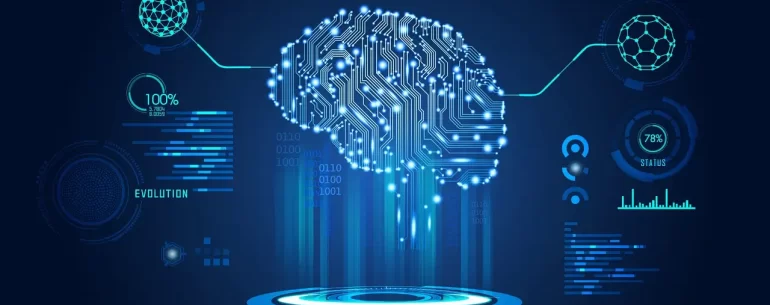In recent years, online learning has revolutionised the education landscape, offering unprecedented opportunities for learners of all ages and backgrounds. With the advent of digital technologies and internet connectivity, online learning has emerged as a powerful force that is reshaping the way we approach education. Let’s take a look at How Online Learning Is Changing Eduction forever.
There are many compelling reasons why online learning is changing education forever. From its flexibility and accessibility to its personalised learning experiences and global reach, online learning has the potential to transform education and unlock new possibilities for learners around the world.
1. Flexibility and Convenience
One of the key advantages of online learning is its flexibility. Learners have the freedom to access course materials and participate in learning activities at their own pace and according to their own schedule. This flexibility allows students to balance their studies with other commitments, such as work, family, or personal interests, making education more accessible to a wider range of individuals.
2. Accessibility for All
Online learning breaks down barriers to education by providing access to learning opportunities for individuals who may not have had access otherwise. It eliminates geographical limitations, allowing learners from remote areas or underserved communities to access quality education. Furthermore, online learning accommodates individuals with disabilities by offering accessible materials and adaptive technologies that support diverse learning needs.
3. Personalised Learning Experiences
Online learning platforms offer personalised learning experiences tailored to the individual needs and preferences of learners. Through adaptive learning technologies and data-driven insights, online courses can adapt and customise content, pace, and assessments to match each student’s learning style, abilities, and progress. This personalised approach enhances engagement, motivation, and overall learning outcomes. AI is increasingly being used to tailor courses to a student’s exacting and precise needs. Take a look at this article discussing the different types of Artificial Intelligence – AI, ML and DL
4. Global Learning Communities
Online learning fosters the creation of diverse and global learning communities. Students can connect and collaborate with peers from around the world, sharing perspectives, ideas, and cultural insights. This multicultural interaction not only enhances understanding and tolerance but also prepares learners for the interconnected global society they will be part of.
5. Expanded Course Offerings
Online learning opens up a vast array of course offerings across various subjects and disciplines. Learners can choose from a wide range of online courses, including specialised or niche topics that may not be available in traditional educational institutions. This breadth of options empowers students to explore their passions, acquire new skills, and pursue interdisciplinary learning.
6. Continuous Learning and Lifelong Education
Online learning promotes the concept of lifelong learning by enabling individuals to engage in education throughout their lives. It breaks away from the traditional notion of education confined to a specific age or stage of life. Whether for professional development, career advancement, or personal growth, online learning allows individuals to continue learning and acquiring new knowledge and skills at any stage of their lives.
7. Cost-Effectiveness
Online learning often offers a more cost-effective alternative to traditional education. With online courses, learners can avoid expenses associated with commuting, accommodation, and textbooks. Additionally, online programs may be more affordable than their on-campus counterparts, making education more accessible and affordable for a broader range of learners.
8. Continuous Feedback and Assessment
Online learning platforms provide immediate and continuous feedback and assessment mechanisms. Through interactive quizzes, assignments, and assessments, learners receive instant feedback on their progress, allowing them to identify areas of improvement and consolidate their understanding of the material. This ongoing feedback loop enhances the learning process and supports continuous growth and development.
9. Integration of Multimedia and Interactive Elements
Online learning leverages multimedia and interactive elements to create engaging and immersive learning experiences. Through videos, simulations, virtual reality, and interactive modules, learners can explore concepts and ideas in a dynamic and interactive way. This multimedia integration enhances comprehension, retention, and overall learning engagement.
10. Career Advancement and Professional Development
Online learning offers opportunities for career advancement and professional development. Learners can acquire new skills, earn certifications, or complete degree programs to enhance their qualifications and improve their career prospects. Online courses often provide practical and industry-relevant knowledge, allowing individuals to stay up-to-date with the latest trends and developments in their fields.
The future of online learning
Online learning is transforming education by offering flexibility, accessibility, personalised learning experiences, global connections, expanded course offerings, continuous learning opportunities, cost-effectiveness, continuous feedback and assessment, multimedia integration, and career advancement prospects. As technology continues to advance, online learning will play an increasingly vital role in education, bridging gaps, and empowering learners to pursue their educational goals in innovative and meaningful ways.
For more great articles, check the blog pages from Deepbluemedia website design


